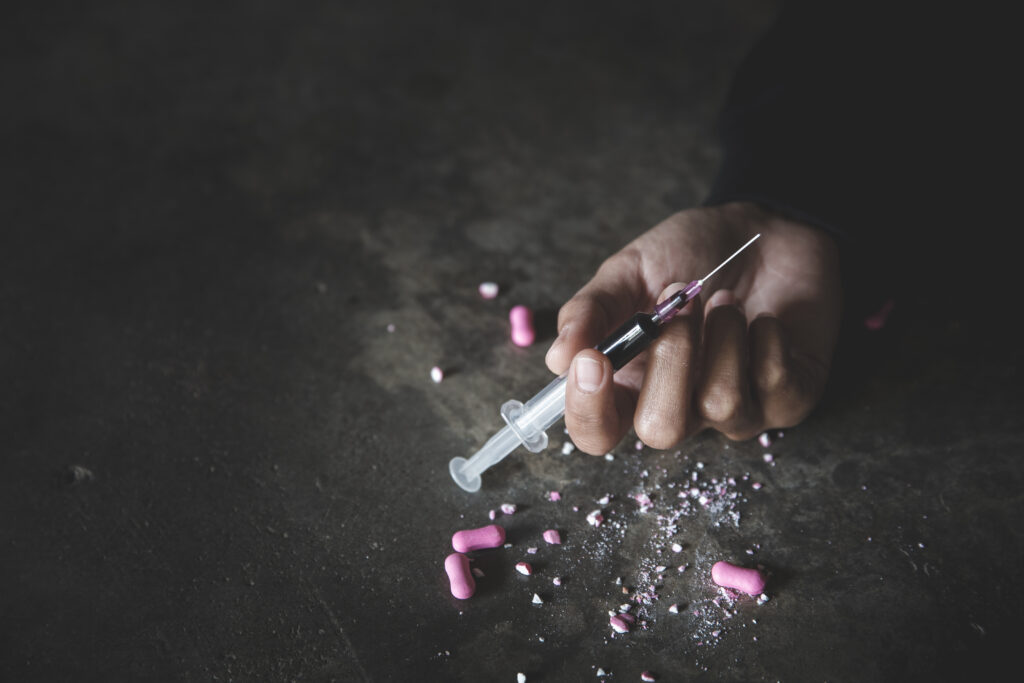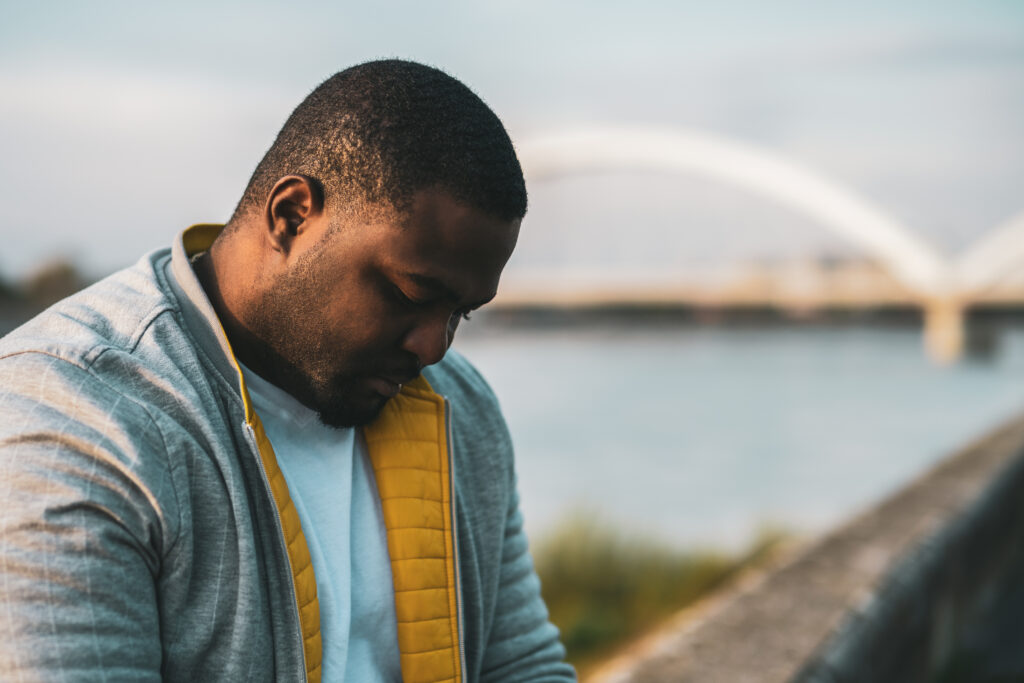6 Things to Do After Losing a Loved One to An Overdose

Experiencing the death of a loved one is one of the most painful and challenging things we have to go through in life. It’s never easy, but when you lose someone to something as unexpected or distressing as an overdose, it can be all the more difficult.
When someone we love is struggling with substance use disorder, we can sometimes forget the harsh truth that an overdose is always a possibility. The trauma of maintaining a relationship with someone facing addiction can even cause us to detach from the reality
In this article, we’re going to give you our six best tips and practices on how to handle the death of a loved one when they’ve succumbed to an overdose.
Dangers of overdose
The dangers of overdose can range from short-term damage to long-term damage, but all of the effects of an overdose take a toll on your body.
Some of the common dangers of overdose include:
- Slowed or stopped breathing
- Convulsions and seizures
- Choking and vomiting
- Coma, cardiac arrest, or death
If love could cure people of addiction, thousands of overdoses would be prevented every year.
Unfortunately, not everyone survives an overdose, and losing someone in this tragic way can be especially painful to address, process and heal from. That’s why we’re going to walk you through six practical things you can begin working on throughout your healing journey.
How to handle the death of a loved one
Losing a loved one to overdose can be a rollercoaster of sadness and confusion. You might find yourself spiraling into questions of why and what if, reliving moments in the past with “could have” or “should have” thoughts and feelings of guilt.
There are, however, some things you can do to begin to help you heal.
Give yourself permission to grieve
After the initial shock wears off, you might find yourself avoiding the fullness of your emotions through remaining stoic or unwavering in your anger or denial. But painful experiences that are not fully processed are suppressed, and these unhealed traumas have a way of always resurfacing and hurting us even more later on.
Release any shame or guilt
Their overdose was not your fault. No matter how things you tell yourself you should or could have done, you are not responsible for someone else’s actions. You can use this time to learn more about the disease of addiction; you’ll find there wasn’t much you could do, and as for the things you could, you probably already did.
Start practicing breathwork therapy
Breathwork is helpful for managing stress and anxiety, as well as aids in calming and balancing your mental health. Deep breathing has also been recognized to aid in healing trauma by enabling you to release any mental or emotional blocks you may be subconsciously holding onto.
Honor your loved one’s memory
Some people find they want to continue speaking and sharing about their loved one after their passing because it’s therapeutic, or they enjoy keeping the memory of their life alive. Others may need some time before they feel ready or comfortable talking about their loved one. Both are perfectly fine.
It doesn’t need to just be talking about your loved one either, and sharing wonderful memories you all shared together. Some may want to honor their life by participating in events, or possibly even hosting an event. For those willing to host, this can honor your loved ones memories while raising awareness to potentially save the lives of others.
Detach from a healing “style”
Grief affects all of us differently. While it may hit someone immediately, it may take months to sink in for someone else; some may find it hard to sleep, while others cannot stop sleeping. It’s important to let go of all expectations and comparison, allow ourselves to process the death of our loved one in whatever way that comes naturally to us.
Take care of yourself
This may seem obvious, but it’s something that often becomes the lowest priority in the face of grieving the death of a loved one. Remember to shower, eat and rest; maybe turn off your alarm on Saturday, and spend some time in the sun on Sunday. We know it can feel like the most tedious chore in the midst of grieving, but it’s an important habit to keep you healing.
Contact us for professional support
If you or someone you know has recently experienced the death of a loved one and you’re feeling overwhelmed, at Pyramid Healthcare we’re here for you.
And if you or someone you know is struggling with a substance use disorder, seek professional help as soon as possible. When left untreated, addiction can quickly spiral out of control and lead to overdose.
At Pyramid, our mission is to provide you with the highest level of care so as to increase your quality of life. Since we believe no two conditions or people are alike, we fully customize every treatment plan to each individual client. We offer a variety of different programs, ranging from mental health services to drug and alcohol rehabilitation.
To schedule a consultation and determine what the next phase of your healing should be, contact us today.



